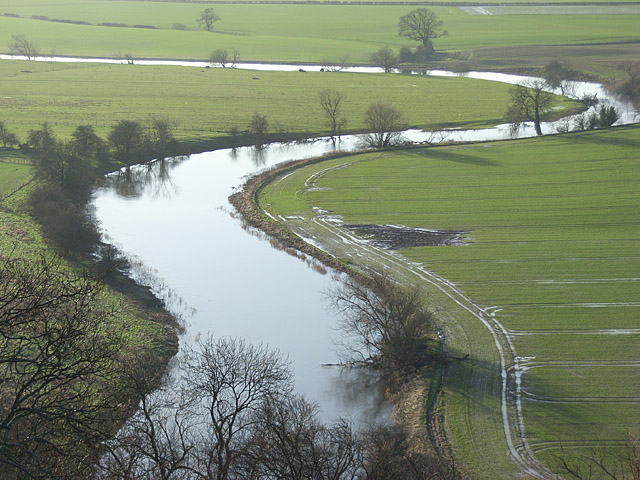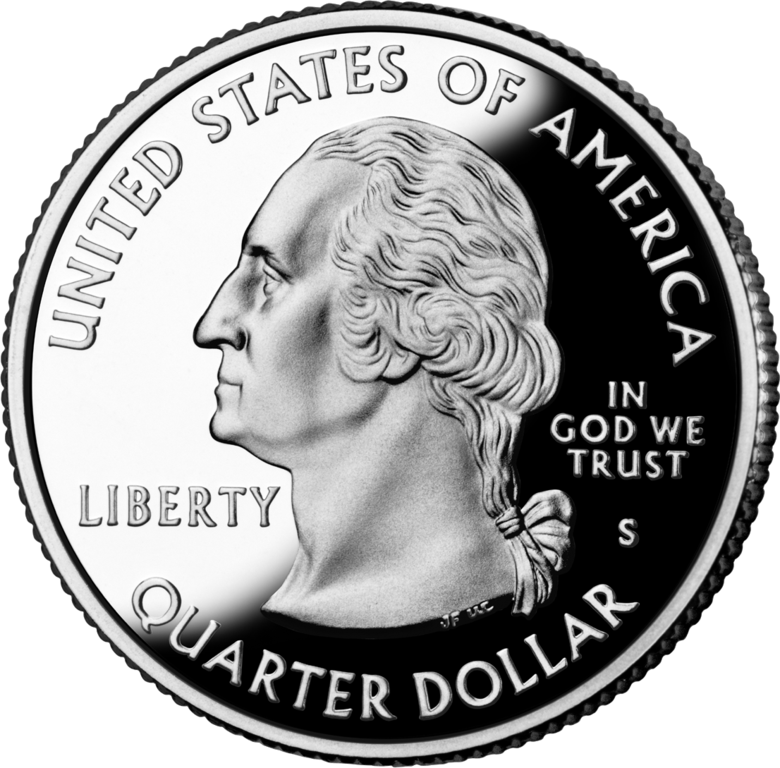- 3-minute read
- 1st December 2018
Word Choice: Forth vs. Fourth
Even if you’ve grown up speaking English, the words ‘forth’ and ‘fourth’ can be confusing. They sound identical when spoken, for example, and they look similar on paper. To make sure your writing is error free, then, check out our guide to what these words mean and when to use them.
Forth (Out, Away or Onwards)
The word ‘forth’ is an adverb (i.e. it modifies a verb). We use it to show that something is moving out, away or onwards from a point in space or time:
We got up at dawn and set forth for adventure!
From that day forth, we vowed to never get up at dawn again.
This word is fairly rare in modern English, though you may see it in phrases like the ones above. Another common use is in ‘back and forth’ (i.e. moving in one direction and then the opposite one).
There is also the River Forth in Scotland. This body of water cannot be used to modify a verb, unfortunately, but it is much more useful than an adverb if you want to go fishing.

(Photo: Andrew Smith)
Fourth (Number Four in a Sequence)
‘Fourth’ is an ordinal number (i.e. it indicates a place in a sequence or rank). We use it when something is number four in a sequence, so it comes after ‘first’, ‘second’ and ‘third’:
Find this useful?
Subscribe to our newsletter and get writing tips from our editors straight to your inbox.
Subscribe to Beyond the Margins and get your monthly fix of editorial strategy, workflow tips, and real-world examples from content leaders.
Justin was proud of coming fourth in the race.
In informal writing, ‘fourth’ can be shortened to ‘4th’. However, you should write ‘fourth’ in full when using this term as part of a sentence in an essay or in other formal writing.
Finally, in America, people sometimes use ‘fourth’ to refer to a fraction (i.e. ¼ ), similar to how we say ‘a fifth’ or ‘an eighth’. But in British English, we use the word ‘quarter’ for this fraction.

Forth or Fourth?
These words sound and look very similar, but try not to get them confused:
- Forth is an adverb used to describe moving out or away from a point in space (e.g. We set forth on our journey) or onwards from a point in time (e.g. From that day forth).
- We use fourth to show that something is number four in a sequence (i.e. it comes after ‘first’, ‘second’ and ‘third’). It can also be written as ‘4th’ in informal writing.
The key to telling these terms apart is to remember that ‘fourth’ contains the word ‘four’. It is therefore unlike ‘forty’ (i.e. 40), which is spelled without the ‘u’ from ‘four’. And don’t forget that you can have your writing checked by a professional for complete confidence that it is typo free.




